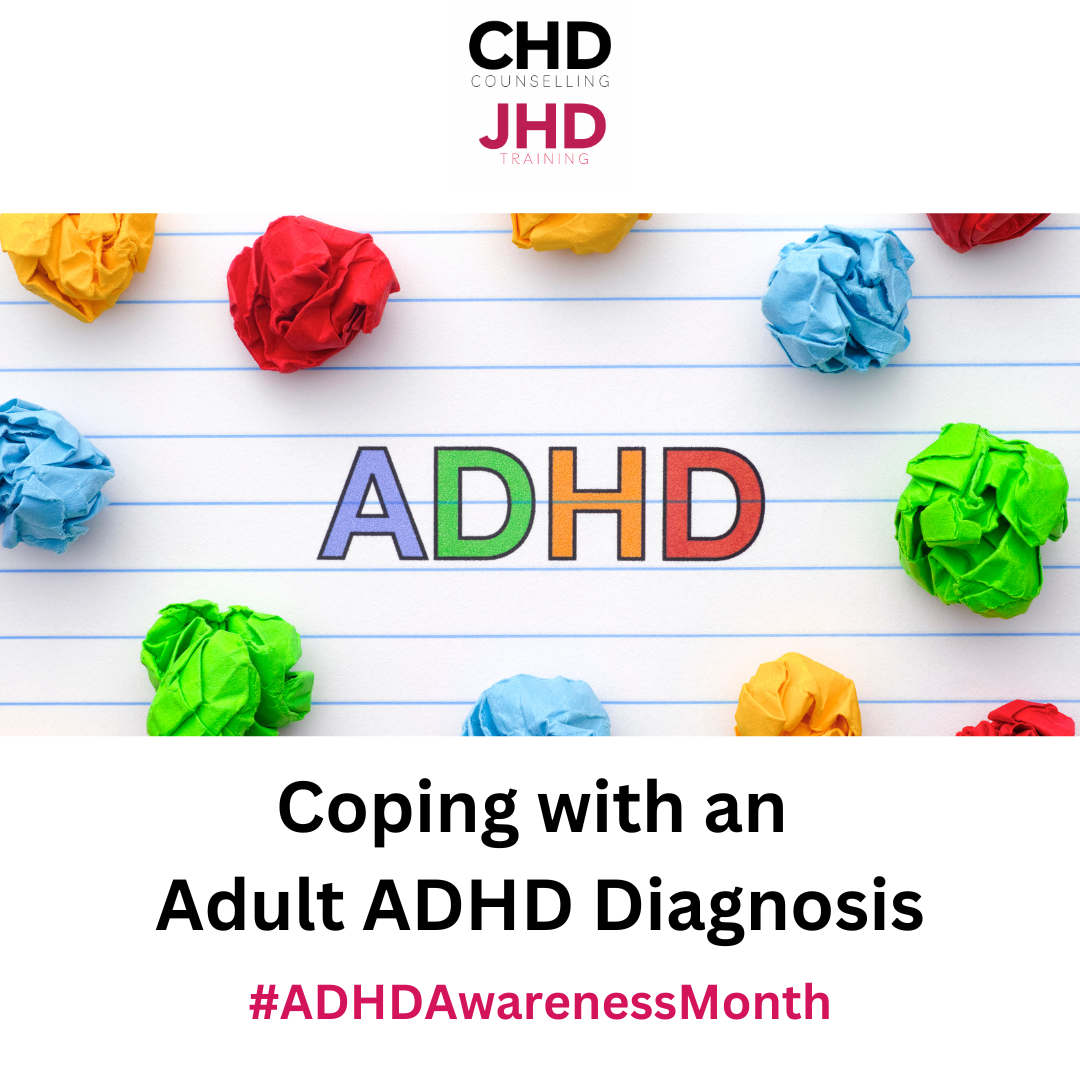How can a therapist help with your self esteem
Self-esteem is an essential aspect of our mental health and well-being. It refers to how we think and feel about ourselves and our abilities. When we have low self-esteem, we may struggle with negative self-talk, self-doubt, and feelings of worthlessness.
Fortunately, a therapist can help individuals improve their self-esteem through a variety of therapeutic approaches.
Here are some ways that a therapist can help with self-esteem:
Identifying negative thought patterns
Therapists can help individuals identify negative thought patterns and challenge them. They can help individuals recognize when they are engaging in negative self-talk and work with them to reframe those thoughts in a more positive and constructive way.
Developing self-compassion
Therapists can help individuals develop self-compassion, which involves treating oneself with kindness, care, and understanding. By learning to treat themselves with compassion, individuals can begin to shift their negative self-perceptions and develop a more positive self-image.
Setting realistic goals
Therapists can help individuals set realistic goals and work towards achieving them. By setting and achieving goals, individuals can build their self-confidence and sense of accomplishment, which can help improve their overall self-esteem.
Identifying and addressing underlying issues
Sometimes, low self-esteem can be the result of underlying issues such as trauma, anxiety, or depression. A therapist can help individuals identify and address these underlying issues through a variety of therapeutic approaches, such as cognitive-behavioral therapy, psychodynamic therapy, or trauma-focused therapy.
Improving social support
Therapists can help individuals improve their social support network, which can be a crucial factor in improving self-esteem. By building healthy relationships with friends, family members, and community members, individuals can feel more connected, valued, and supported, which can help improve their self-esteem.
In conclusion, a therapist can help individuals improve their self-esteem through a variety of therapeutic approaches. By identifying negative thought patterns, developing self-compassion, setting realistic goals, addressing underlying issues, and improving social support, individuals can begin to shift their negative self-perceptions and develop a more positive self-image. With time and effort, individuals can improve their self-esteem and achieve greater mental health and well-being.



LOOK AROUND
CONTACT US
Counselling enquiries
admin@jhdcounselling.co.uk
+44 7811 794203
Training enquiries
secretary@jhdcounselling.co.uk
FOLLOW US
JHD Counselling LTD
